Poonch Valley : An Untapped Wonderland
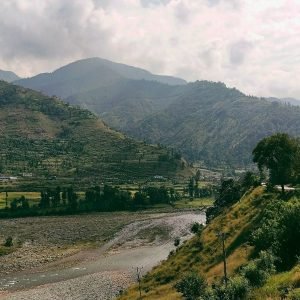
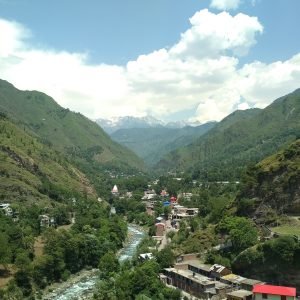
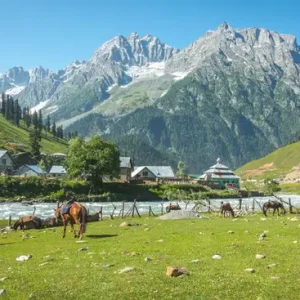
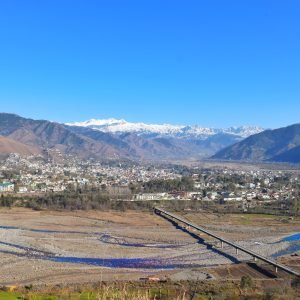
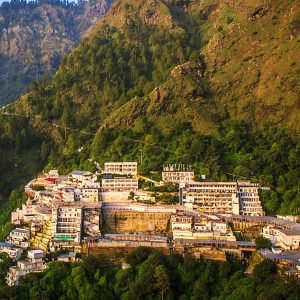
Table of Contents
Toggle1. Introduction
The Poonch Valley is also known as “Mini Kashmir”. It lies within the Pir Panjal Range of the Western Himalayas. This valley is a soothing tapestry of lush greenery, alpine meadows, ancient temples, Sufi shrines, and vibrant cultural heritage. This is one of the most exciting, but still, least-exploring regions of Jammu and Kashmir, due to its strategic location and historical importance.
This is an all-inclusive guide which will take you through the entire fabric of Poonch Valley, talking about its geography, historical importance, cultural values, tourism options, and logistics. Let’s bring you this treasure of India in precise detail.
2. Geography of Poonch Valley
Poonch Valley is located within the bigger Poonch district within Jammu and Kashmir. The valley lies between the Pir Panjal mountain ranges, and this district is bordered with the southern side by Rajouri district and western side by Pakistan-administered Kashmir.
2.a. Altitude: Average elevation of the valley, about 1000-1700 meters above sea level, brings temperate weather, cool summer, and very cold winter.
2.b. River System: The Poonch River is known as the biggest tributary of the Jhelum. It flows through the valley and gives benefits in its agricultural sector and water resources for the local inhabitants.
2.c. Climate: Poonch Valley has a very diverse climatic condition, with cool summers, moderate rains during monsoon, and chilling winters. The snowfall is a common phenomenon here in the winter season, making it a beautiful destination in the winter season..
3. The Historical Significance of the Valley
Poonch Valley’s history is quite rich, complex, and sometimes interconnected with Kashmir and the Indian subcontinent.
3.a. Ancient History: Poonch traces its origin back to ancient history when it was a part of the larger Gandhara Kingdom, one of the significant civilizations of the Indian subcontinent. Several texts have documented the region, and for some time in the past, it was under the influence of Hindu and Buddhist cultures.
3.b. Medieval Period: Poonch was governed by local chieftains. Centuries passed and it became a part of the Mughal Empire. Emperor Akbar is believed to have visited the region and gave a vivid description of its beauty.
3.c. Raja Baldev Singh: Probably the most significant ruler of the region in the 19th century is Raja Baldev Singh, who has made great contributions to the cultural and architectural development of this region. There are the remains of his fort near the town of Poonch.
3.d. Partition and Post-Independence: During partition in 1947, Poonch was divided into Indian territory and the Pakistan Territory and is now traversed by the LoC. Despite being so close to the LoC, Poonch has remained relatively peaceful compared to other border areas.
4. Culture and Traditions of Poonch Valley
Poonch Valley is one region that is exposed to a great cultural diversity in terms of geography and history. The people here are the epitome of warmth, hospitality, and highly embedded traditions.
4.a. Ethnicity: A valley of different ethnicity with Gujars, Paharis, Dogras, and Kashmiris, having their distinct traditions, customs, and the dialect practiced by them.
4.b. Languages: The dominant language used in Poonch is Pahari, while the significant second language is Gojri of the Gujjar community and Dogri. Last but not the least, Urdu is gaining widespread usage as well, especially on formal occasions.
4.c. Festivals: A number of festivals are being celebrated throughout the valley. These include Eid-ul-Fitr and Eid-ul-Adha mainly due to the dominant population of Muslims, while Hindu festivals such as Diwali and Holi are also widely celebrated with great enthusiasm and eagerness.
4.d. Folk Traditions: The folk music and dance tradition here is quite rich, staged often during festivals, marriages, or any other important event. Another good source of entertainment is Bhand Pather, the traditional Kashmiri folk theater, and Gojri songs also abound.
4.e. Cuisine: Poonch cuisine is a mixture of taste of Kashmiri and Dogri-Pahari. Some of the important items of local speciality are Rogan Josh (a lamb curry), Dum Aloo (vindaloo type spiced potatoes) and Gojri dishes like Batta (a fermented maize dish).
5. Tourist attractions in Poonch Valley
All these attractions make Poonch Valley a treasure trove for tourists looking for natural beauty alongwith historical insights. Some of the notable attractions to visit include:
5.a. Noori Chamb Waterfall
Located almost 45 km from Poonch town, it is noted after Noor Jahan, the Mughal empress, who is believed to have visited this place quite often in her travels across the region. Adorned with lush and wild forests and rugged mountains, Noori Chamb is an ideal destination for those who go on picnicking and photographers.
5.b. Poonch Fort
Poonch Fort is yet another landmark in the valley. It was during the 18th century that Raja Abdul Razzaq Khan had it constructed. Over the years, it got different architectural developments by successive kings. Typical Mughal and Dogra architectural forms are combined in the fort besides being a panoramic view of surrounding areas.
5.c. Girgan Dhok
A beautiful meadow near the village of Loran, Girgan Dhok is an excellent trekking spot surrounded by alpine forests and snow-peaked peaks. This beautiful meadow turns green during the summer months and is inhabited by Gujjar shepherds during grazing season.
5.d. Nangali Sahib Gurudwara
Nangali Sahib Gurudwara is situated near Poonch town and is one of the important religious places for Sikhs in the region. It was founded by Baba Banda Singh Bahadur and has remained an abode for pilgrims since then.
5.e. Surankote Valley
Surankote Valley, with its pristine beauty, is dotted with scenic meadows, dense forests, and crystal-clear streams. It’s a place where trekkers and nature lovers can explore the unspoiled wilderness of Poonch.
5.f. Budha Amarnath Temple
Budha Amarnath Temple is dedicated to Lord Shiva and is situated in the village of Mandi. The temple is an important pilgrimage site and holds great significance for Hindus. Thousands of devotees from different parts of the country participate in the annual Budha Amarnath Yatra.
5.g. Sufi Shrines
The valley also contains some of the sacred Sufi shrines, in which Hazrat Sain Illahi Baksh and Hazrat Pir Fazal Shah shrines in Mendhar are such where devotees come to visit from both India and Pakistan.
6. Adventure Activities Poonch Valley
Poonch Valley is a perfect destination for adventure activities that could be enjoyed by any adventure-seeker or nature lover as well.
6.a. Trekking and Hiking
Poonch Valley is a trekker’s delight. Nummerous trails lead through alpine meadows, dense forests, and remote villages. Popular treks include the Loran to Girgan Dhok trek, the Surankote Valley trek, and the Mughal Road trek that follows the ancient trade route used by Mughal emperors.
6.b. Mountaineering
Alongwith this, the Pir Panjal range has its opportunities, especially for mountaineering. Climbers, who want to achieve peaks like Tatakuti and Rattan Pir, find their way to such challenging peaks which demand technical experience.
6.c. Paragliding
The rolling hills and open meadows of Poonch Valley make a perfect backdrop for paragliding. Though it is still at the developing stage here, the activity can attract adventure seekers from all over the world.
6.d. Angling
The Poonch River, including its tributaries, hosts different varieties of fish such as trout. Anglers can have a peaceful day out amidst the beautiful natural surroundings.
7. Flora and Fauna
Poonch Valley is another valley with a rich and varied ecosystem wherein many species of plants and animals can be found.
7.a. Flora: This valley is covered with dense forests of pine, deodar, and fir. While spring time sees the meadows carpeted by wildflowers such as buttercups, daisies, and alpine blossoms.
7.b. Fauna: The valley harbors several species of fauna, like Himalayan black bears, leopards, langurs, and thousands of birds. Even the reclusive snow leopard is said to be found in the upper reaches of the Pir Panjal, though that is a very rare sighting.
8. How to Reach Poonch Valley
8.a. By Air: The nearest airport to the Poonch Valley is Jammu airport, which is about 240 km from Poonch. You can reach Poonch from Jammu by taxi or bus.
8.b. By Train: Jammu is a railway station nearest to Poonch Valley. It is very well connected to the major cities of the country, including Delhi, Amritsar, and Mumbai. You can reach Poonch from Jammu by road.
8.c. By Road: It is well connected by road with Jammu via Mughal Road, passing through the Rajouri and Surankote towns. The road journey from Jammu is beautiful enough and it takes almost 8-10 hours.
9. Best Time to Visit
Best time to visit Poonch Valley is summer (from April to October) when the weather is pleasant and meadows are in full bloom. One can also consider visiting in winter if interested in snowfall and seeing the valley with all its winter grandeur.
10. Accommodations
Poonch Valley has good range of accommodations, from simple guesthouses up to mid-range hotels. These include:
10.a. Poonch Tourist Bungalow: This bungalow is run under the banner of Jammu and Kashmir Tourism Department, which provides the tourists comfort at reasonable prices.
10.b. Local Guesthouses: In places like Poonch, Surankote, and Mendhar, local families run the guest house, giving a warm stay.
10.c. Trekking Huts: There are trekking huts in isolated parts of the valley, such as Girgan Dhok and Loran, from where trekkers can get shelter and minimal facilities for overnight stay.
11. Safety and Travel Advisory
11.a. Proximity to the Border: The region, being close to the Line of Control, requires visitors to be up-to-date with the security situation. Furthermore, the region is generally safe for tourists, but prudence is always advisable to take a word from the local administration.
11.b. Permits: No special permit is necessitated for Indians to visit Poonch. However, foreigners may need permission from local authorities. It is always best to confirm the requirements at hand before commencing the trip.
11.c. Local Customs: The locals are amiable in Poonch, and you should respect local customs and traditions when visiting places of worship or otherwise. Even modest dress and a good attitude will be appreciated.
12. Conclusion
Poonch Valley is a well-guarded secret that offers a unique blend of natural beauty, historical significance, and cultural richness. This valley has everything for history buffs, nature lovers, and adventure enthusiasts. Among the picturesque landscapes, rich cultural heritage, and warm hospitality, the valley is all set to be one of the major tourist destinations in Jammu and Kashmir.
How to book a trip to Poonch Valley, India with Charzan Holidays?
For a seamless and exceptional booking experience, contact Charzan Holidays at reservations@charzan.in or call us at +919622224473
People ask FAQ's
1. What is Poonch Valley famous for?
Poonch Valley is a beautiful district of Jammu and Kashmir, known for its wonderful landscapes, historical monuments, and the rich culture of this region. Such an old fort is well known as Poonch Fort, lush green fields, and the Noori Chamb waterfall. This region also takes great importance owing to cross-border trade routes and innumerable combinations of traditions of various communities.
2. Where is Poonch Valley located?
Poonch Valley is located in the Poonch district of Jammu and Kashmir, India. Nestled in the Pir Panjal Range, it lies to the west of the Kashmir Valley, near the Line of Control (LoC) with Pakistan. The valley is known for its scenic landscapes, rich history, and cultural diversity.
3. Which river flows in Poonch?
The Poonch River lies in the region of the Jammu region of the state of Jammu and Kashmir. The river is an origin of the Pir Panjal Range which flows west into Pakistan-administered Kashmir. Since it is a tributary of the Jhelum River, it is very essential in the region for its irrigation and agriculture. The rural surroundings attract the nature lovers and tourists.
4. Why Poonch is called City of Seven lakes?
Poonch is named as the “City of Seven Lakes” due to the fact that there are a number of scintillating lakes in the locality, such as Nandansar, Sukhsar, Baghsar and numerous others. These lakes are flanked by such beautiful green meadows and mountains that turn Poonch into a picture-perfect destination for nature lovers.
Frequently Asked Questions
1. What is Poonch Valley? | |
| Poonch Valley is a picturesque valley located in the Poonch district of Jammu and Kashmir, known for its stunning landscapes, lush greenery, and rich cultural heritage. | |
2. Why is Poonch Valley significant? | |
| Poonch Valley is significant for its natural beauty, historical significance, and unique blend of cultures, making it a popular destination for nature lovers and adventure seekers. | |
3. Where is Poonch Valley located? | |
| Poonch Valley is situated approximately 50 kilometers from Jammu city and is easily accessible by road. | |
4. What is the best time to visit Poonch Valley? | |
| The best time to visit Poonch Valley is from March to October when the weather is pleasant for outdoor activities and exploration. | |
5. What activities can I do in Poonch Valley? | |
| Visitors can enjoy activities such as trekking, camping, fishing, and exploring local villages to experience the unique culture and traditions. | |
6. Is there accommodation available in Poonch Valley? | |
| Accommodation options may be limited within Poonch Valley itself, but nearby towns like Poonch and Surankote offer various hotels and guesthouses. | |
7. What local cuisine can I try in Poonch Valley? | |
| Visitors can sample traditional Kashmiri and Pahari dishes, including Rogan Josh, Dum Aloo, and local breads, which can be found in local eateries. | |
8. How do I reach Poonch Valley? | |
| Poonch Valley can be reached by road from Jammu, with regular bus and taxi services available to Poonch town and its surrounding areas. | |
9. Is Poonch Valley safe for tourists? | |
| Yes, Poonch Valley is generally safe for tourists. However, it’s advisable to stay updated on local conditions and follow travel advisories. | |
10. What should I pack for a visit to Poonch Valley? | |
| Pack comfortable clothing suitable for outdoor activities, warm layers for cooler evenings, trekking shoes, and any personal items you may need. | |
11. Are there any nearby attractions to visit? | |
| Nearby attractions include the historic Poonch Fort, the beautiful Bafliaz area, and various scenic spots showcasing the valley’s natural beauty. | |
12. What is the local currency used in Poonch Valley? | |
| The local currency is the Indian Rupee (INR). ATMs are available in Poonch town, but it’s advisable to carry cash for smaller purchases in remote areas. | |
13. Can I hire local guides in Poonch Valley? | |
| Yes, local guides can be hired for trekking and exploring the area, providing valuable insights into the culture and history of the region. | |
14. What wildlife can I expect to see in Poonch Valley? | |
| Poonch Valley is home to diverse flora and fauna. You may spot various bird species, as well as local wildlife like deer and leopards in the surrounding forests. | |
15. What should I be aware of before visiting Poonch Valley? | |
| Respect local customs and traditions, practice responsible tourism by minimizing your environmental impact, and check weather conditions before planning outdoor activities. |



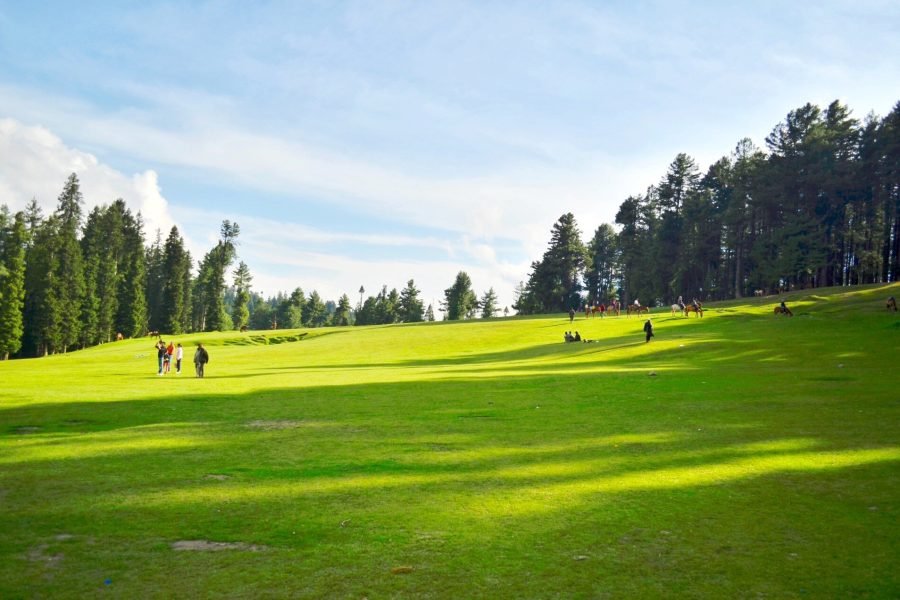
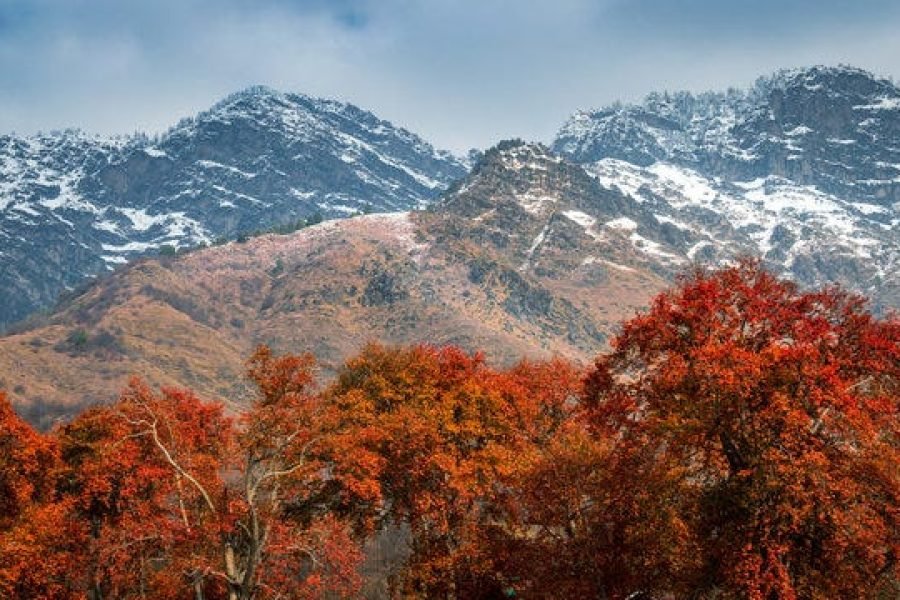
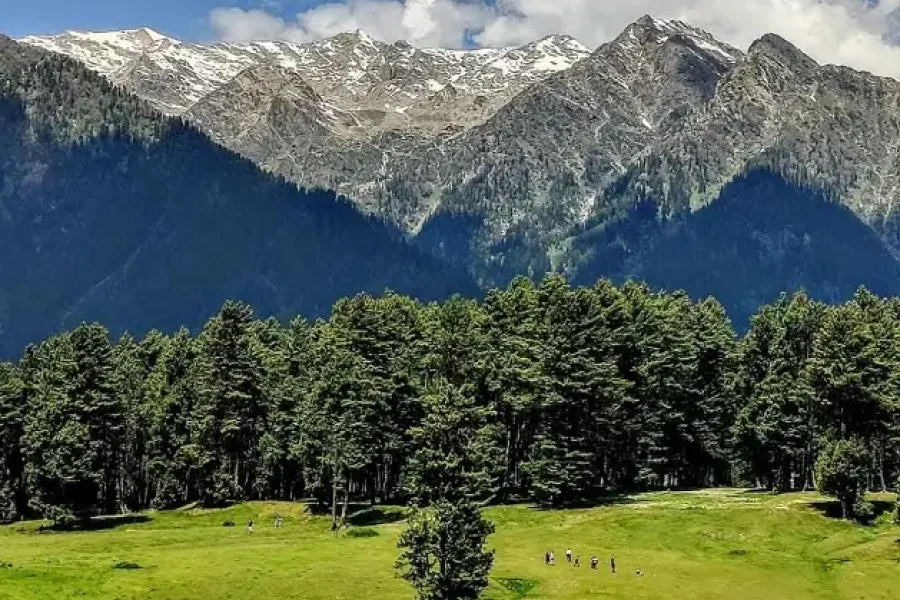
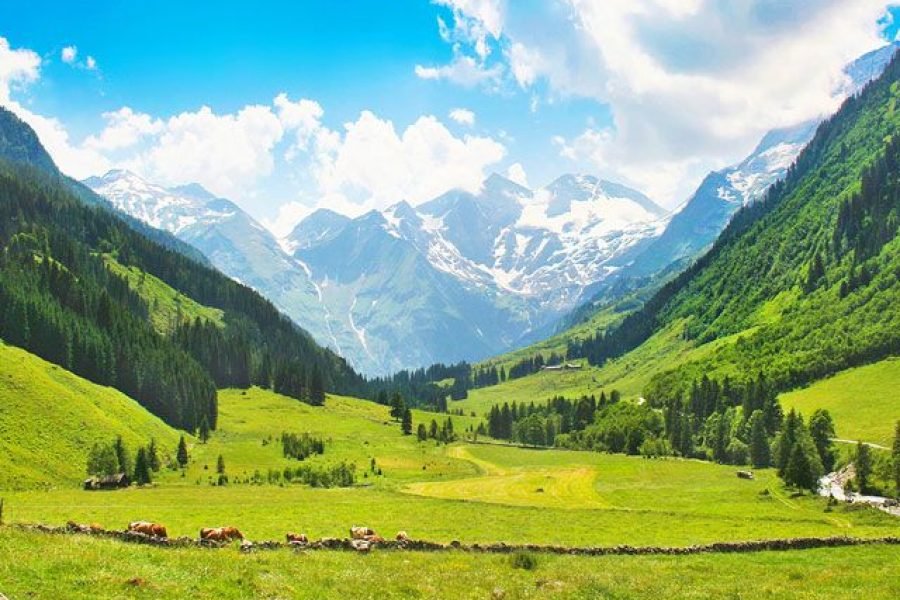
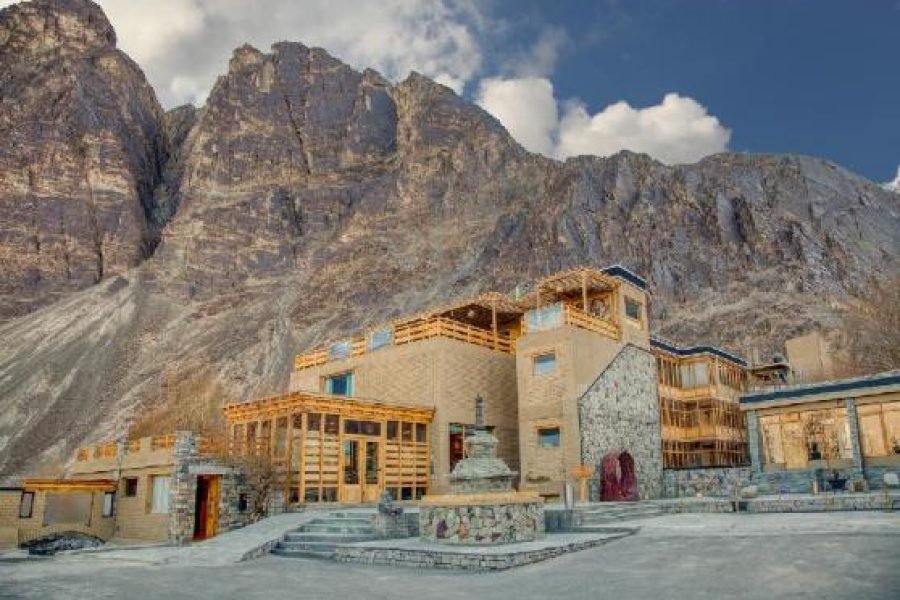
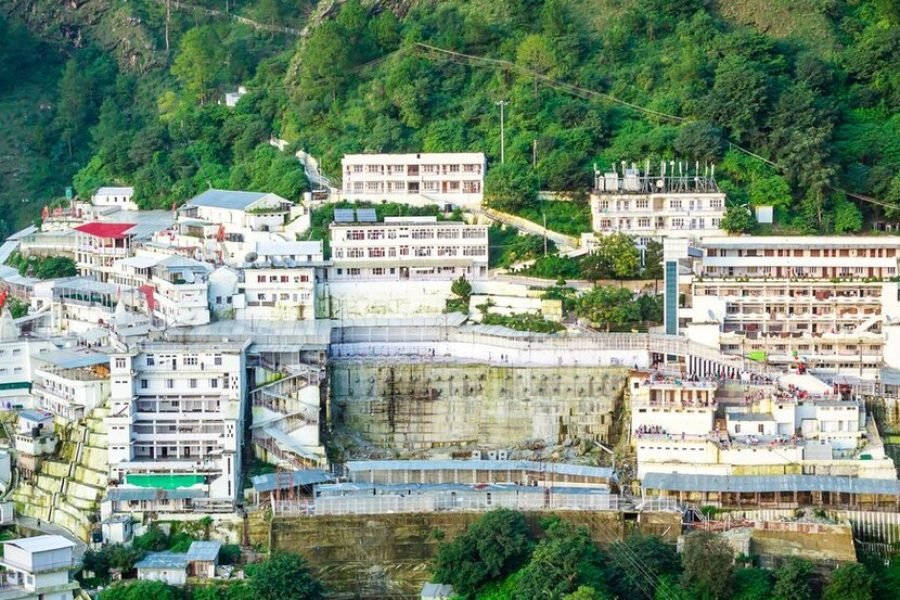
0 Comment